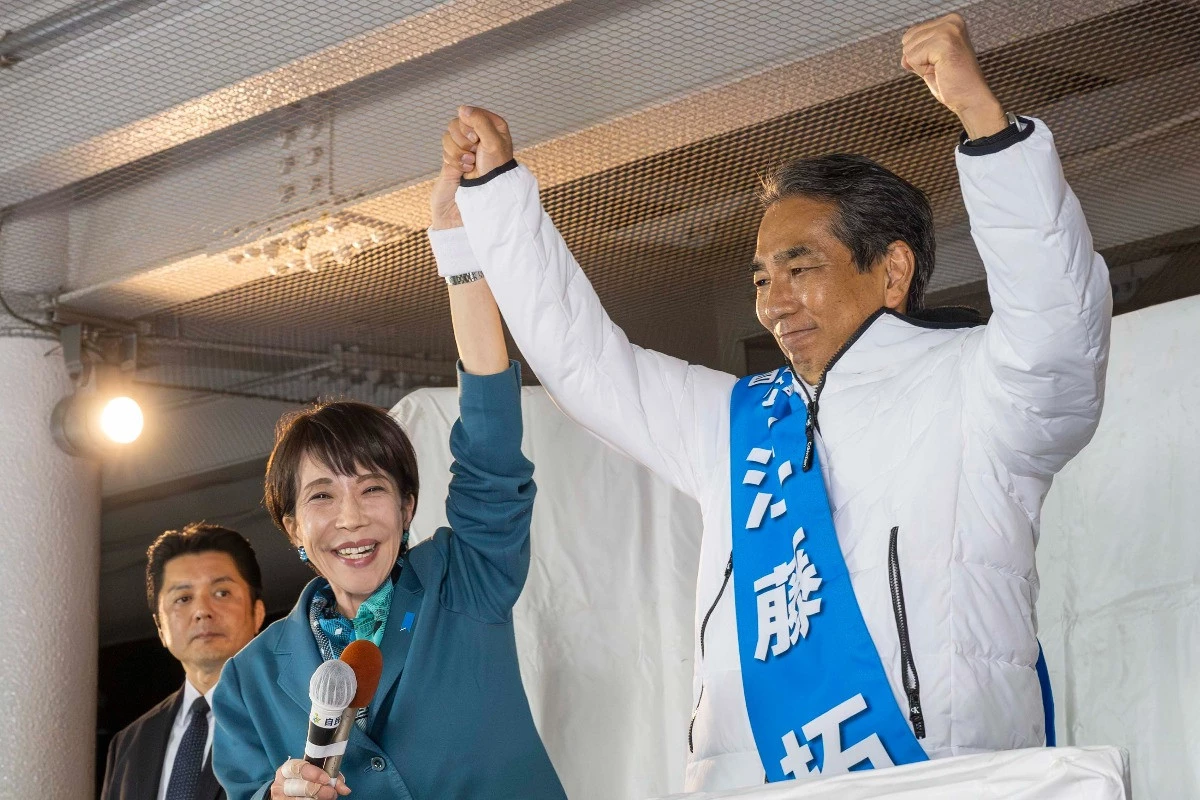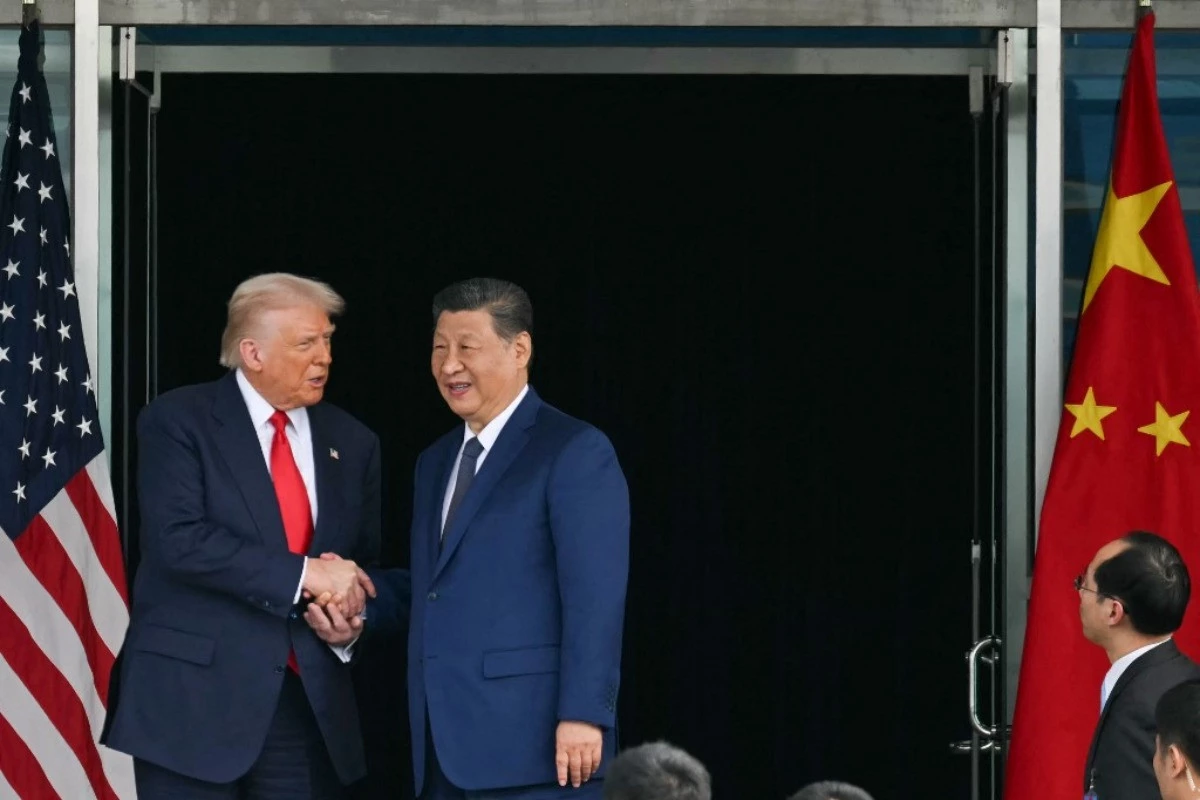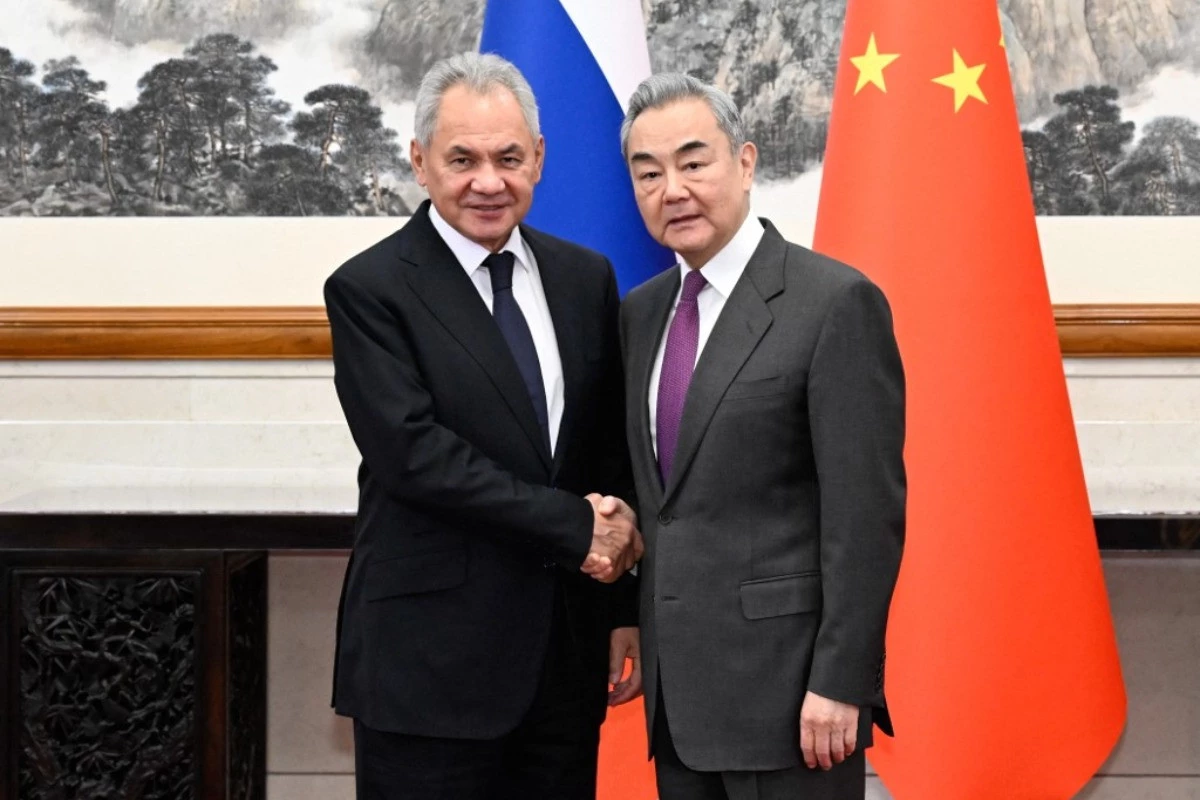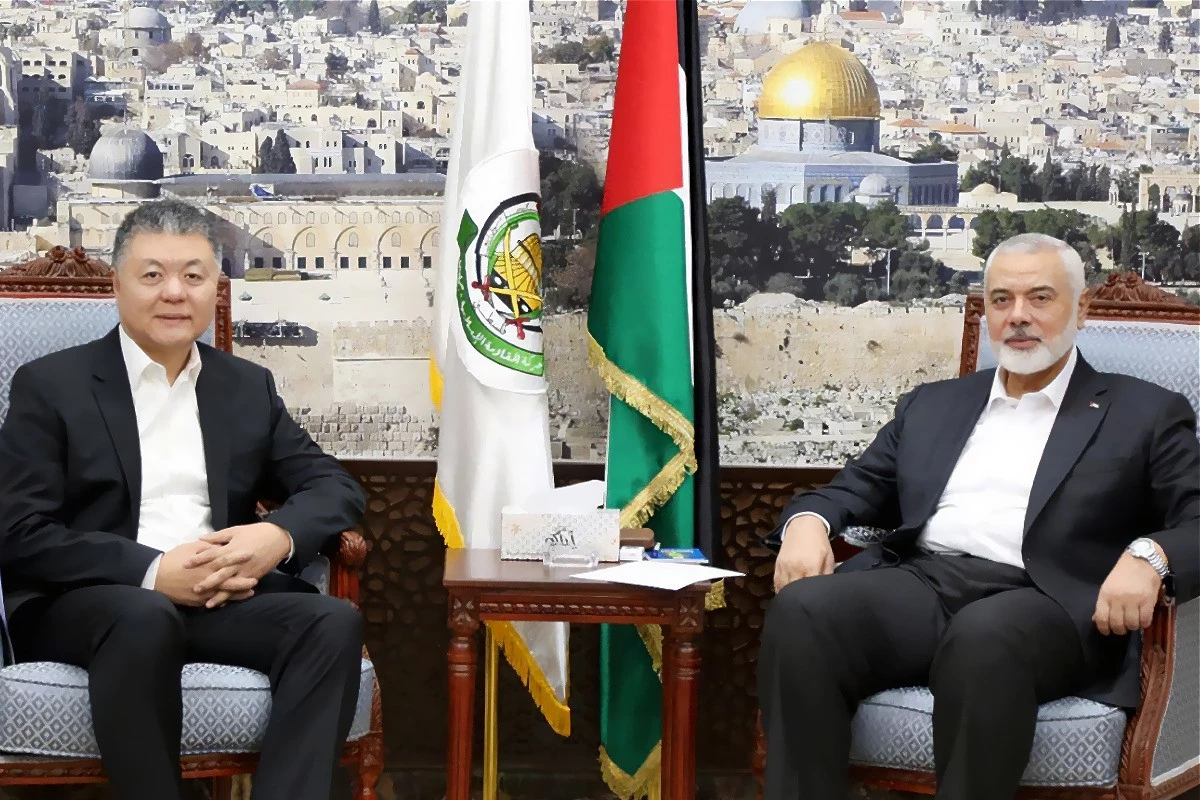In a brief statement on Tuesday, the foreign ministry said Wang met Ismail Haniyeh in Qatar on Sunday and “exchanged views on the Gaza conflict and other issues”, without further elaboration, South China Morning Post reported.
The Jerusalem Post, citing Hamas, reported that Haniyeh told the Chinese envoy that the war needed to end quickly. He also said Israel must withdraw its forces from Gaza and an independent Palestinian state should be established.
Wang is the first diplomat China has sent to Palestine and Israel since the war erupted in October. Last week, he visited the West Bank and met the Palestinian Authority’s foreign minister, Riyad al-Maliki. There, he said China was renewing its call for an immediate ceasefire and a “two-state” solution as a political settlement.
Wang also held talks with Hagai Shagrir, head of the Israeli foreign ministry’s Asia and Pacific bureau, and Rachel Feinmesser, the head of the ministry’s policy research centre.
Since the conflict began, China has sought to play a role by releasing its own five-point position paper on the crisis, which urged the United Nations Security Council to draw up a “concrete” timeline and road map for a two-state solution.
Its foreign minister, Wang Yi, last year held separate calls with his Israeli and Palestinian counterparts while other Chinese officials have discussed the situation with various countries in the Middle East.
Chinese foreign ministry spokesman Lin Jian on Tuesday reiterated Beijing’s willingness to work with “all parties” to ease mounting tensions and again called for a “two-state” solution.



